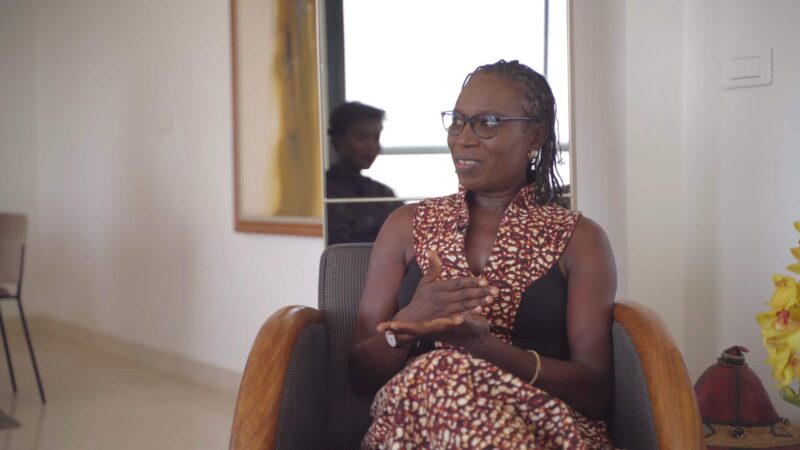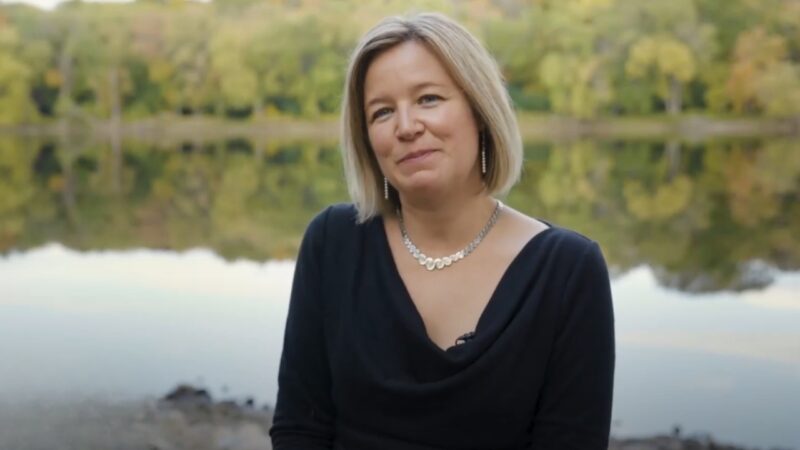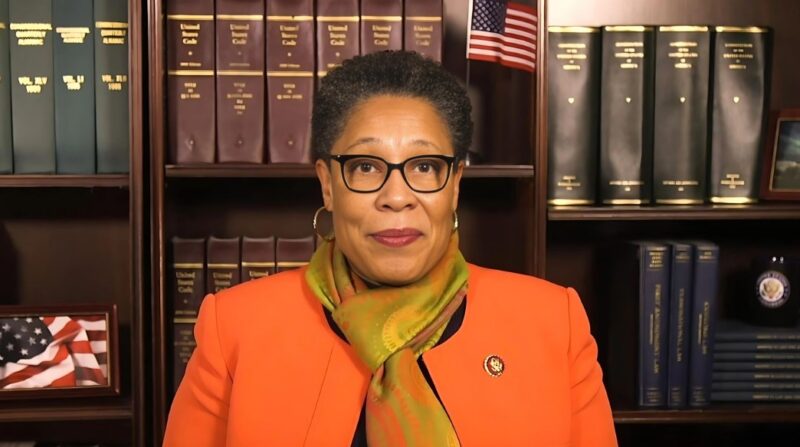In a groundbreaking move, WIC Capital, spearheaded by the visionary Thiaba Camara Sy in Senegal, has raised over $5 million, directly investing in women-led businesses that traditional finance has long overlooked.
Worldwide, women entrepreneurs face nearly insurmountable barriers to securing capital, but WIC Capital’s success stories, including entrepreneurs like Souadou Fall, Safiétou Seck, and Isseu Diop Sakho, demonstrate the profound impact of investing in women.

Their ventures, ranging from eco-friendly fuel production to international fashion and innovative baking, not only promote economic growth but also create vital job opportunities, supporting local communities and economies.
Despite these challenges, there is hope. By closing the $1.7 trillion credit gap for women, an estimated $6 trillion in global GDP can be unlocked. This is especially crucial amid a confluence of crises, including wars, climate change, and the ongoing pandemic, which have led to sluggish economic growth in low- and middle-income countries.
As leaders convene this week at the World Bank and International Monetary Fund meetings, the spotlight is on the urgent need for systemic changes to financial systems that inherently disadvantage women.
With Africa boasting the highest proportion of women entrepreneurs globally, the potential for economic advancement is enormous.
Yet, without substantial reforms to how capital is accessed, half the population remains sidelined.
The call to action is clear: Governments and financial institutions must overhaul outdated systems, embrace digital tools to widen access to finance, and ensure protective measures against predatory lending.
Furthermore, international support from donor countries through the World Bank’s International Development Association (IDA) is crucial.
Investing in women isn’t just the right thing to do—it’s economically savvy. WIC Capital’s portfolio already shows a fivefold increase in sales and aims to create 3,000 jobs in the next seven years. Imagine the global impact if women entrepreneurs everywhere received the support they deserved.
The time is now for leaders to unlock doors and make capital accessible to all, propelling not only gender equality but also robust economic growth worldwide. Let’s bank on women to drive our global economy forward.









